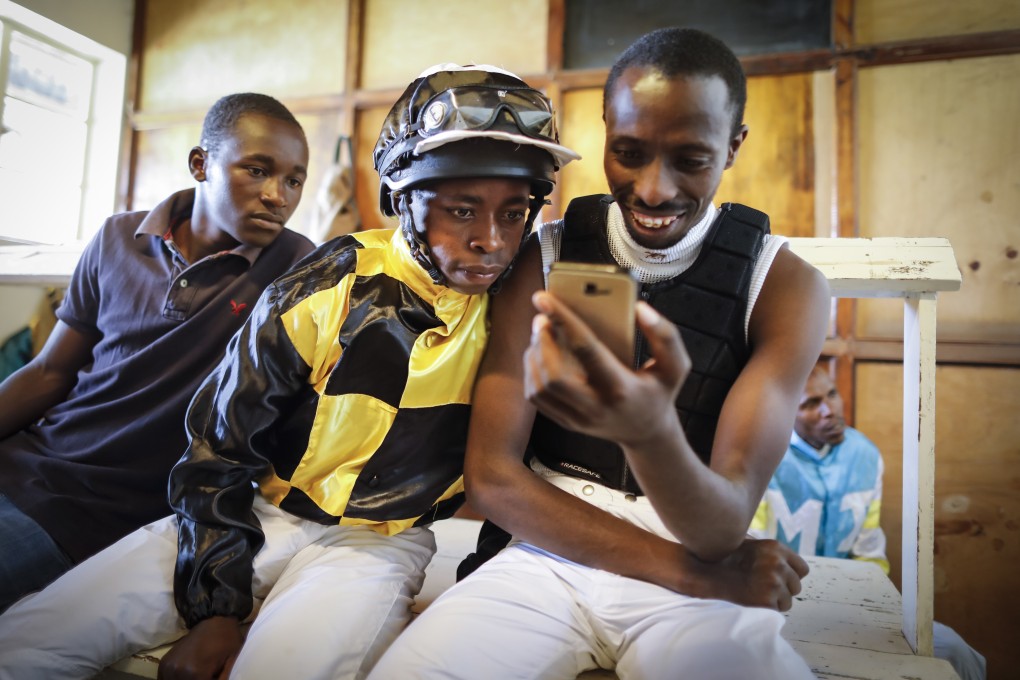Advertisement
Huawei, Kunlun and China’s tech giants drive a quiet revolution in Africa’s fintech with mobile payment apps and wallets
- One of Africa’s biggest mobile wallets is M-Pesa, established in 2007 by the Kenyan phone company Safaricom, using Huawei’s enterprise solution
- Zhou Yahui of Beijing Kunlun Technology is behind the Nigerian e-commerce and payment company OPay
Reading Time:4 minutes
Why you can trust SCMP
6

A digital revolution is quietly under way in Africa, as dozens of electronic wallets have sprouted on the continent for users to transfer money digitally through their smartphones, some of them powered by Chinese technology.
One of the biggest is M-Pesa, a mobile money service established in 2007 by the Kenyan phone company Safaricom, using an enterprise solution provided by Huawei Technologies. The service now transacts more than most banks in Kenya. Huawei also powers Ethiopia’s TeleBirr, launched in May by the former state-owned monopoly Ethio Telecom.
M-Pesa and TeleBirr underscore Huawei’s push into Africa’s telecommunications market, where it has expanded beyond building the infrastructure of telephony into a broad array of enterprise solutions and services, including providing its network customers with the technology to run mobile payment applications in as many as 19 countries. The diversification comes as Huawei’s core business of building phone networks comes under increasing scrutiny – and objection – by the United States and its global allies, in an escalation of the US-China technology rivalry.
Advertisement
“Mobile phone companies like Safaricom stepped in to fill the void” left by the large African banks – mostly counting Western shareholders – who do not want to have anything to do with the average person in the street, preferring the genteel, secure world of corporate banking, “and now they are eating the banks’ lunches,” said Peter Wanyonyi, a Kenyan technology analyst based in Waikato, New Zealand.

Advertisement
Huawei’s push to power Africa’s fintech development underscores its pivot as sales of its smartphones and telecommunications gear have been impacted by US sanctions, causing the Chinese company to post its worst interim sales decline in decades. Enterprise solution was the sole growth segment, reporting an increase of 18.2 per cent in the first half.
Advertisement
Select Voice
Select Speed
1.00x